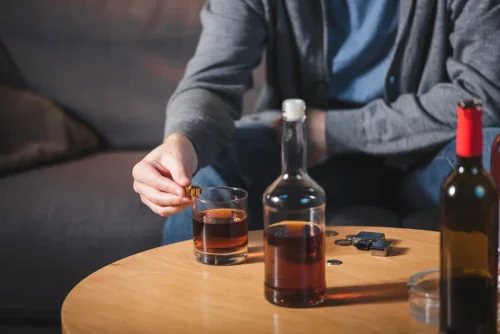
A racing heart is one of the most distressing concerns among people who have panic attacks. A person’s alcohol and anxiety resting heart rate may increase substantially during a wave of anxiety. For example, a normal resting heart rate of 70 beats per minute (bpm) might increase to 120 bpms. The rapid pulse and strong palpitations can trigger visits to the emergency room. However, this is a temporary symptom that will likely subside shortly after it begins. Panic attacks can lead to intense anxiety, feelings of dissociation, and fear of losing control.
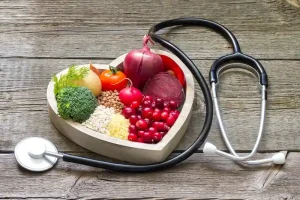
Step Support Groups
Dizziness or lightheadedness may occur, especially when standing up quickly. Studies show high rates of anxiety in alcohol-dependent individuals. One found 35.8% of alcohol-dependent men and 60.7% of women reported anxiety symptoms. Heavy Oxford House drinking may cause memory blackouts and cognitive impairment. Long-term use can result in permanent changes to brain structure and function. These changes can affect emotional regulation and impulse control.
- Its use can lead to disorders and dependency, altering brain chemistry and cognitive function.
- Some people may experience isolated panic attacks without developing a full-blown disorder.
- This page explains more about anxiety, why alcohol can trigger it or make it worse, and steps you can take to feel better.
- Poor or limited sleep causes grogginess and irritability, which can lead to feelings of depression or anxiety.
- Currently, we have a much better understanding of mental health issues than in the past, and are more equipped to offer improved treatment.
- Alcohol lowers inhibitions, leading to actions or words you may regret, causing overthinking and anxiety the next day.
- When you consume alcohol, it acts as a diuretic, which means it increases urine production and can lead to dehydration.
The Best Therapies for Emotional Dysregulation Treatment
- Practices such as deep breathing, meditation and progressive muscle relaxation can help you relax and reduce stress levels.
- All professional medical services are provided by licensed physicians and clinicians affiliated with independently owned and operated professional practices.
- While alcohol can lessen or put a stop to the anxious thoughts that often lead to panic attacks, drinking will only ever be a temporary fix.
- According to data from the National Institute of Mental Health, somewhere between 1% and 3% of the global population suffer…
- There are also similar connections between co-occurring disorders and alcohol abuse.
- Alcohol also disrupts brain chemistry, affecting neurotransmitters like GABA that regulate anxiety.
- It may increase heart rate and exacerbate feelings of nervousness.
“When a person stops drinking, they can experience alcohol withdrawal symptoms, which can include increased anxiety and panic attacks,” Oeswein says. Over time, this pattern can result in a drinking problem or alcohol use disorder. Paradoxically, heavy drinking can deplete GABA, a neurotransmitter that normally has a calming effect. This depletion can increase tension and potentially trigger panic attacks. Anxiety after drinking can result from alcohol’s impact on brain chemistry, dehydration, withdrawal symptoms, disrupted sleep, and pre-existing anxiety disorders. If this is a recurring issue, consider moderating alcohol intake and seeking professional support.
Start the road to recovery
- When your body is already experiencing discomfort, it becomes easier for anxious thoughts and sensations to take hold.
- Additionally, symptoms of anxiety will still be lurking around the corner as the underlying triggers have not been properly addressed and treated.
- Foods high in sugar can cause blood sugar spikes and crashes, potentially worsening anxiety symptoms.
These effects contribute to day-after dread, even if you don’t have an anxiety disorder diagnosis. How long this anxiety (and other hangover symptoms) lasts depends on factors like how much you’ve consumed, your assigned sex at birth, and your weight. Avoidance behaviors may develop, with individuals steering clear of situations that trigger anxiety. Social withdrawal is not uncommon, as people may isolate themselves to manage their symptoms. Increased alcohol consumption to self-medicate anxiety can create a harmful cycle, worsening symptoms over time. Of these, 9.7% report using alcohol to help with their symptoms, a choice that sets off a vicious cycle.
Why Does Alcohol Cause Panic?
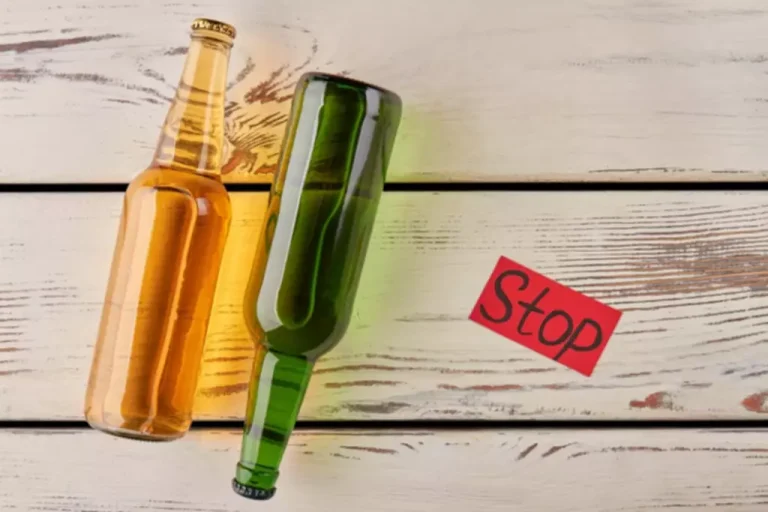
Alcohol interferes with the body’s ability to absorb and utilize vitamins and minerals, leading to deficiencies that can affect mood regulation. Alcohol also disrupts brain chemistry, affecting neurotransmitters like GABA that regulate anxiety. As you go through these physical sensations, your brain will think that you are panicked and might trick itself into having an actual panic attack. The effects of alcohol can negatively impact hormones, brain function, and sleep. Technically they’re drinking more alcohol to get their brain to block ‘glutamate’.
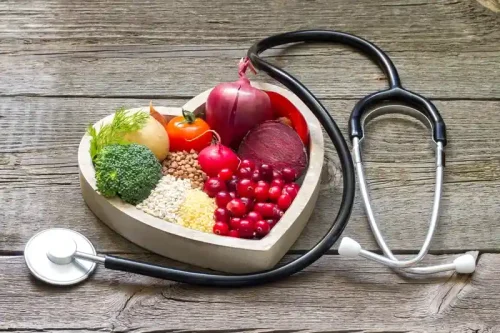
Once these effects wear off, our anxiety may amplify and trigger a panic attack. This can lead to a cycle of alcohol dependence where alcohol and panic attacks fuel one another, making it difficult to stop. Eventually, when you don’t drink alcohol, you may also suffer from panic attacks even more often than you did before drinking, especially if you drink every day or to numb your anxiety. In other words, drinking alcohol may give you a temporary sense of relief, but in the long term it’s likely to worsen your anxiety and weaken your coping capacities. Panic attacks are intense episodes of fear and anxiety that trigger not only cognitive and emotional symptoms but also physical reactions. Anxiety as we commonly use it refers to feelings of worry, fear, or distress about something.
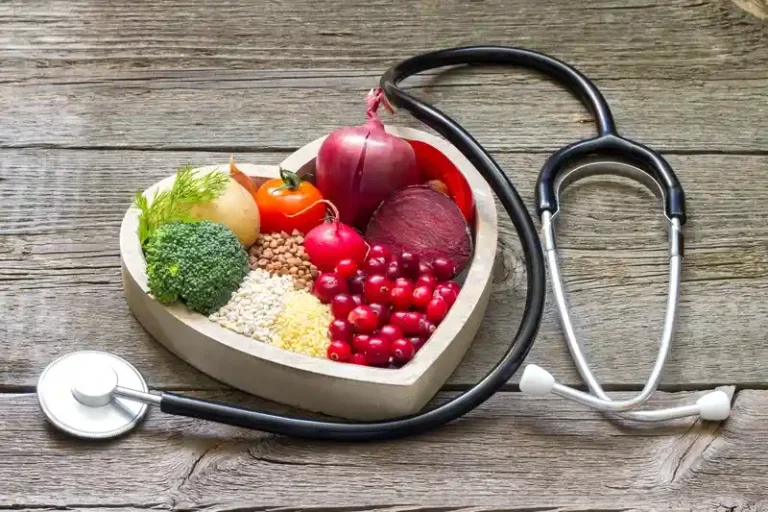
Feeling flustered by panic attacks can lead to searching for quick relief, and for some, that relief comes in the form of alcohol. While it might feel like a momentary escape, this can create a tough cycle. Using alcohol as a coping mechanism can lead to deeper issues like dependency, making anxiety and panic attacks harder to control. In fact, about 7.1 percent of Americans are dealing with this disorder. Avoiding caffeine and nicotine can help manage anxiety symptoms. These substances can increase heart rate and exacerbate feelings of panic.